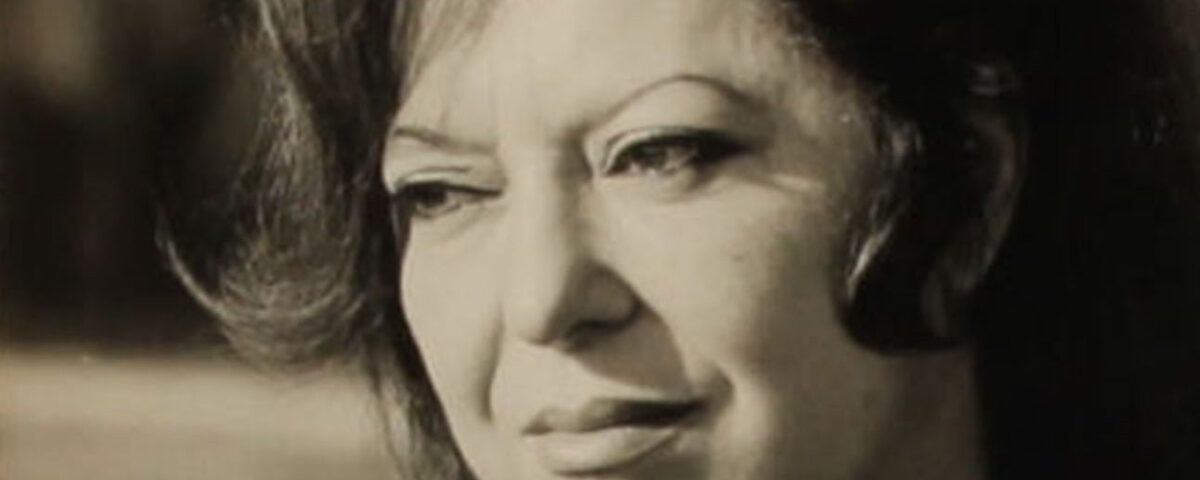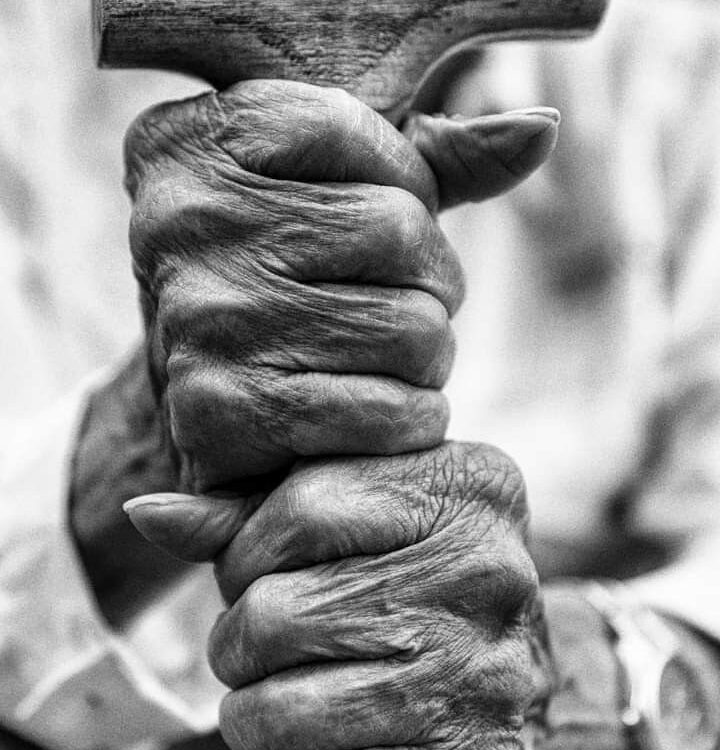Natália Correia : A Radical Voice for Women’s Freedom and the Politics of Desire
Natália Correia (1923–1993) remains one of Portugal’s most fearless and provocative cultural figures.
A poet, essayist, publisher, activist, and later a parliamentarian, she carved a space of intellectual and erotic freedom during some of the most repressive years of the Estado Novo dictatorship. Her work unsettled conservative norms, challenged patriarchal moralities, and championed a vision of womanhood built on autonomy, creativity, and desire.
More than a writer, Correia was an incendiary force—one who believed that liberation must be lived, spoken,
and embodied.
A Feminism of Desire, Imagination, and Rebellion
Correia’s feminism differs from mainstream narratives that emphasise exclusively legal or civic rights.
While she never dismissed those struggles, she focused her energy on a feminism of desire — a rebellion
against the silencing of women’s bodies, voices, and cravings.
She believed that patriarchy’s deepest control was not institutional but imaginative. It worked by :
-
teaching women to be ashamed of their desires,
-
restricting how they could speak about their bodies,
-
and casting female sexuality as passive, modest, or dangerously immoral.
In her worldview, a woman becomes free not only through political rights, but through the reclamation
of her sensual, creative, and intellectual self. This bold poetic feminism was revolutionary in mid-20th-century Portugal, where national ideology confined women to the roles of mother, wife, and moral guardian of the home.
Breaking the Silence Around Female Pleasure
At the core of Correia’s work is an uncompromising celebration of female pleasure — not as something hidden
or coded, but as an active and unapologetic force. She wrote erotic poetry (O Canto do Prazer, among others)
that defied censorship, using lush, baroque language to vindicate the erotic as a site of power rather than shame.
Her writing overturned long-standing gender norms in Portuguese literature :
-
Women were no longer objects of male desire.
-
They became subjects who speak, who desire, who shape the erotic narrative.
-
Pleasure was no longer a threat to morality, but a pathway to self-knowledge and freedom.
By giving voice to female eroticism in a country where even discussing sexuality could lead to prosecution,
she carved a cultural space where women could articulate their own experiences on their own terms.
Her boldness led to censorship trials, and in 1973 she was actually convicted for “immorality” — a charge
that only amplified her influence as a symbol of resistance.
What She Offered to Women
Correia empowered Portuguese women to reclaim their voices, their desires, and their presence in public life. Through her poetry and public interventions, she normalised conversations that had long been suppressed,
offering women an expressive model that was both intellectual and sensuous.
She lived her politics. Her refusal to apologise for her artistic and personal freedom—while facing censure, surveillance, and prosecution—turned her into a figure of defiance. Women artists, writers, and activists
who came after her often cite her as a catalyst for the cultural shift that followed the 1974 Revolution.
- A new space for femininity
Correia proposed a femininity that was not submissive, pious, or decorous, but imaginative, erotic, and powerful.
She reshaped the idea of what it meant to be a woman in Portuguese culture.
What She Brought to Portugal
As a cultural organiser, she edited publications, hosted intellectual salons in her famous Lisbon bar Botequim,
and supported emerging writers and artists. She revitalised Portuguese literary life during and after the dictatorship with her energy and irreverence.
- A provocative political voice
After 1975, as a member of parliament, she continued to challenge conservative norms.
Her speeches — brilliant, sharp, and theatrical — are remembered for their bold defence of :
-
women’s rights,
-
freedom of expression,
-
democratic culture,
-
and the autonomy of the arts.
Correia’s interventions were often controversial, but they had a lasting impact. She insisted that cultural freedom
was as essential as political freedom, and she embodied this belief in everything she did.
A Legacy of Fire and Freedom
Natália Correia’s legacy is one of unapologetic intensity. She pushed Portugal to imagine womanhood
differently — beyond duty, modesty, and silence. Through her poetry, her activism, and her public persona,
she articulated a vision where women are creators of their own narrative, where pleasure is political,
and where imagination becomes an act of resistance.
Even today, she stands as a vivid, rebellious figure whose voice continues to resonate in contemporary discussions on feminism, sexuality, and the power of cultural dissent. Correia didn’t simply advocate freedom — she performed it, wrote it, lived it. And in doing so, she transformed her country’s cultural landscape and expanded the horizons
of what women could dare to say.



